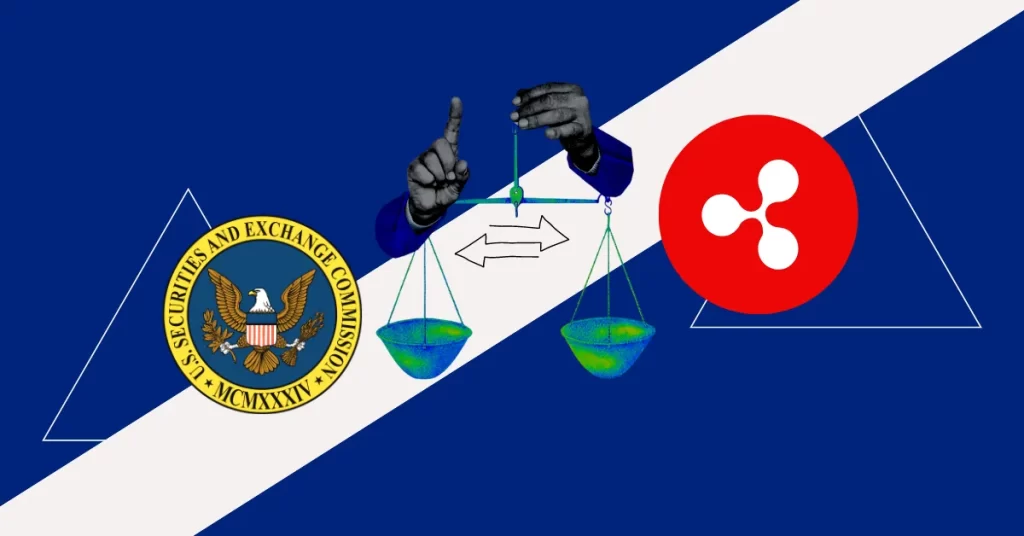
The post Ripple Vs SEC : How Long Should a Summary Judgement Really Take? Experts Debate appeared first on Coinpedia Fintech News
A discussion has arisen within the XRP community concerning the duration it might take for the court to reach a summary judgment decision. The online debate was initiated by blockchain sleuth Mr. Huber. He shared a screenshot of online information that suggested a summary judgment might take anywhere from one to three months, saying “Fake news.”
Expert Opinions Weigh In
Marc Fagel, an experienced securities attorney and former SEC director, replied advising against reliance on Google for legal research. He claimed the search result Mr. Huber had found came from a law firm dealing primarily with personal injury cases, possibly in a state court, and did not accurately represent the realities of federal cases.
Fagel provided his insight into the matter, citing a 2018 study that observed summary judgment motions in federal district courts. The study revealed that on average, these judgments could take up to six months, a timeframe that the Ripple case is soon approaching.
Relevance of Prior Cases to Ripple Proceedings
John Deaton, a highly-regarded cryptocurrency attorney and Ripple supporter, contributed to the discussion. He noted that if the average decision times were indeed between one and three months for critical motions like summary judgment, it would not have been necessary for Congress to enforce a six-month rule.
The conversation took a turn when Neil Hartner, a senior software engineer at Ripple, brought up the LBRY case. He inquired about the duration from when motions were filed to when the summary judgment ruling was made in the LBRY case. Fagel revealed that the LBRY case took roughly 4.5 months, although he noted that there was considerably less data involved.
Hartner recalled that the perceived delay in the LBRY case led observers to mistakenly believe that this was favorable for the defendant. Deaton countered this perception, pointing out that the Ripple filings were significantly more complex than those of the LBRY case. He stressed that Ripple’s case involved an intricate issue of “consumptive intent” and the disputed notion of a “common enterprise,” adding layers of complexity to the judgment process.

 2 years ago
118
2 years ago
118

















 English (US) ·
English (US) ·